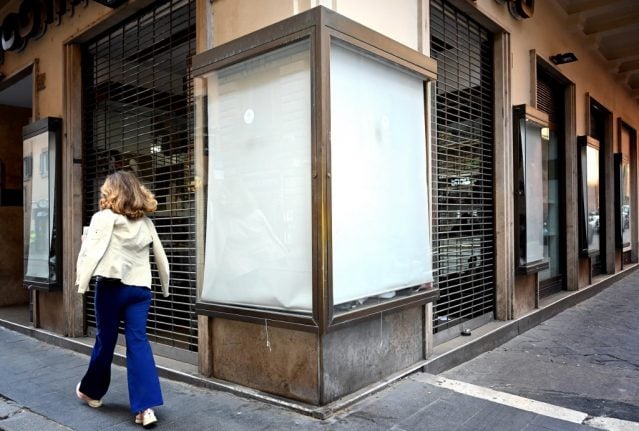The eight are all already in prison for other crimes and include Cosimo D'Amato, a fisherman accused of providing the explosives which he recovered from unexploded Second World War ordinance off the coast of Sicily.
Another person accused is mafia boss Salvo Madonia.
Arturo De Felice, head of Italy's anti-mafia agency, said the arrests were “fundamental” in finding out the truth. He said none of the eight had previously been investigated for the attack.
On May 23rd 1992 — a huge blast caused by some 500 kilos of explosives on the motorway between Palermo airport and the city centre killed Falcone, his wife and three bodyguards.
The person who ordered the killing, mafia godfather Toto Riina, and the people who carried it out have all been already arrested or convicted.
But testimony provided by two mafia turncoats, Gaspare Spatuzza and Fabio Tronchina, has helped identify others who allegedly took part including the the mafia clan of Brancaccio, a neighbourhood in Palermo.
“I am happy with the result of this investigation which has found other people responsible — a sign that it is finally advancing,” said Maria Falcone, the assassinated judge's sister.
“I hope we will soon reach the end,” she said.
Some observers have suggested the state or secret services could have been involved in the attack.
Investigators excluded conspiracy theories on Tuesday, however, with Caltanissetta prosecutor Sergio Lari saying: “The results of the investigation point to no-one outside Cosa Nostra being involved.”
“We have managed to shed light on the execution of the attack,” he said, adding: “We are seeing today the result of years of investigations”.




 Please whitelist us to continue reading.
Please whitelist us to continue reading.
Member comments